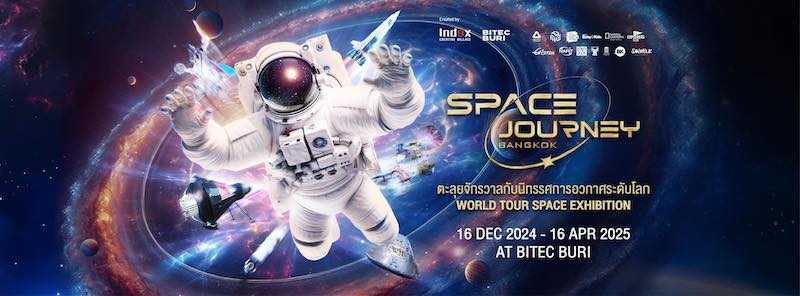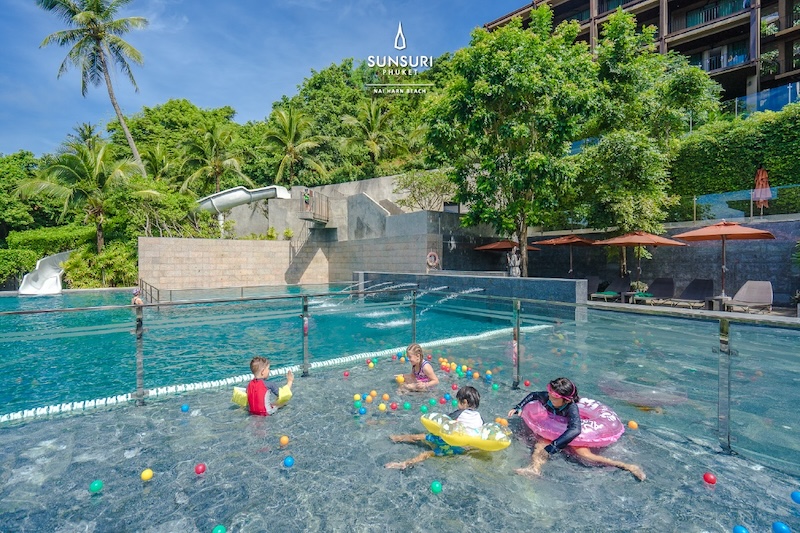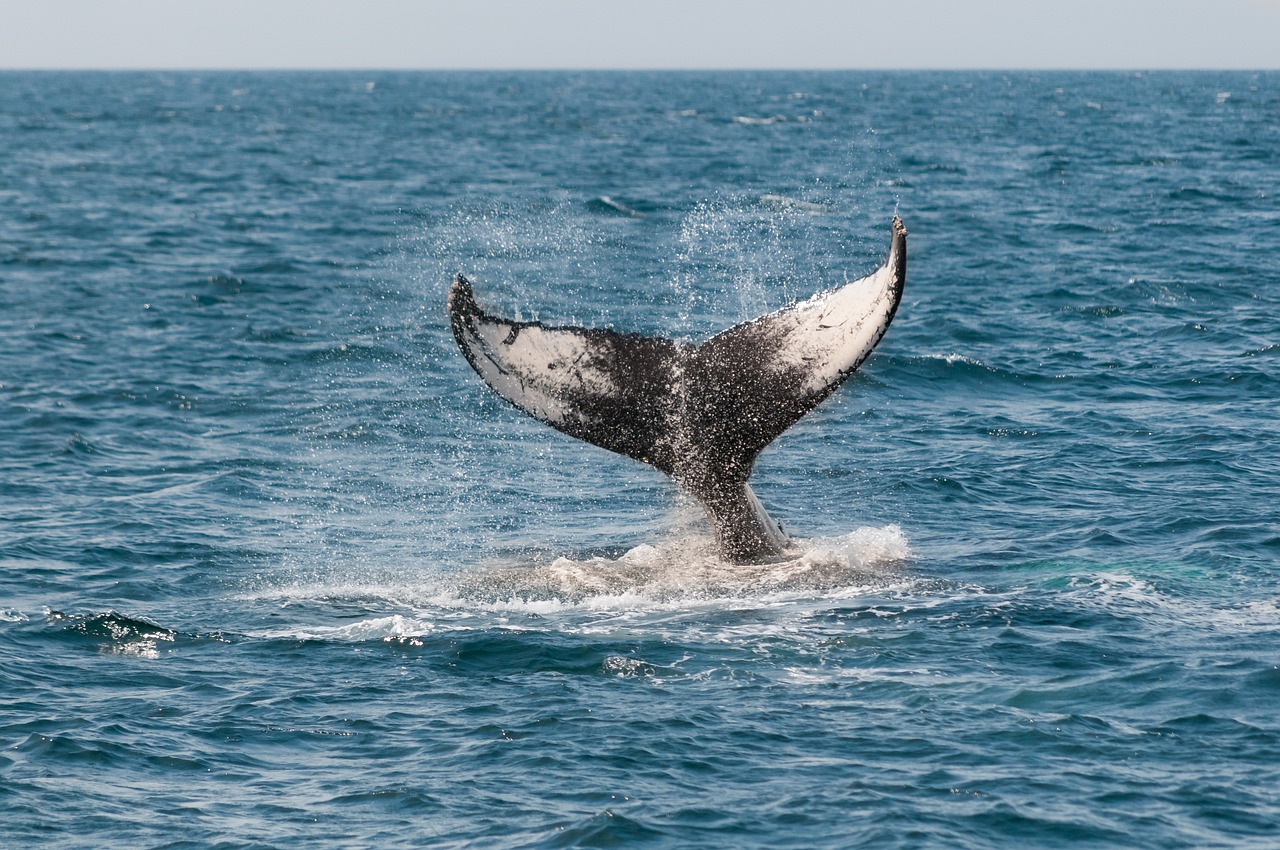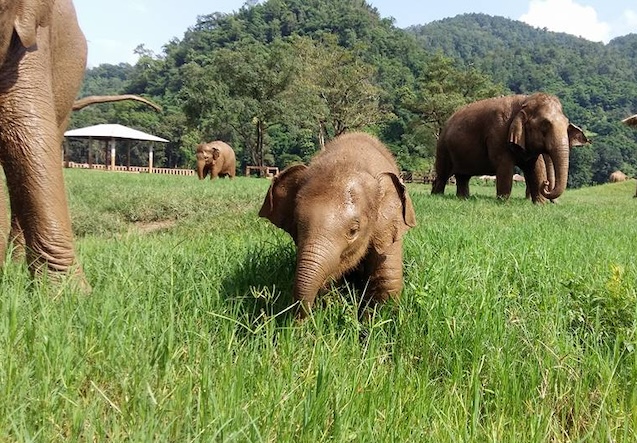In the past five years, the number of schools around the world that teach the IB system has grown by over 46 per cent, with numerous schools in Bangkok alone offering the IB programme on its own as well as in conjunction with other curricula. Why is it so popular? The reasons fall into their philosophy of learning and the foundation of the teaching programme, and the global world skills that it offers students above the other curricula being used in their schools.
According to the International Baccalaureate Organisation (IBO), the IB programme, which covers students from 3 to 19 years in age, “centres on learners, develops effective approaches to teaching and learning, works within global contexts, helps students understand different languages and cultures, explores significant content, and develops disciplinary and interdisciplinary understanding that meets rigorous international standards”. For international school students, this alternative focus creates a deeper and more varied wealth of learning, creating huge scope for global learning beyond just one language, culture and structure.

The structure of the IB programme is the same worldwide. The international nature, the varied subjects on offer and the diversity in the learning applications result in a globally aware and broad-minded global citizen with a versatile ability to learn and levels of knowledge that encourages thinking beyond one’s own back door.
IB Programmes
In a nutshell, the IB course is made up of the following four programmes:
Primary Years Programme (PYP) 3-11: These important educational years focus on the foundations of developing the student’s academic, social and emotional growth through learning, experience and fun, based on six main themes including ‘who we are’, ‘where we are in place and time’ and ‘how the world works’. This period of education is the foundation of the subsequent IB programme.
Middle Years Programme (MYP) 11-16: The next five years prepares each student for not only the academic related subjects that continue in the global theme of PYP but also the extracurricular, self-developmental and emotional progression needed to enter early adulthood through learning and experience. The programme focuses on eight key areas, including language acquisition, language and literature, individuals and societies, sciences, mathematics, arts, physical and health education, and design.
Each year has to also complete at least one collaboratively planned interdisciplinary unit that involves at least two subject groups as well as a long-term project of their choice.
Diploma Programme (DP) 16-18: The DP curriculum consists of six subject areas: three at Higher Level and three at Standard. Students choose one subject from each of five groups: language and literature, language acquisition (a second language), individuals and societies (geography, history, psychology), experimental sciences (biology, chemistry, physics), mathematics, and the arts (visual arts, theatre, music), and a sixth from any group.
Other components of the curriculum are Theory of Knowledge (TOK), which is designed to encourage students to reflect on the acquisition of knowledge; an extended essay; and creativity, action and service (CAS), which affords the opportunity to learn from experience by engaging in real tasks.
According to the IBO, “The International Baccalaureate Diploma Programme [DP] is recognized and respected by the world’s leading universities, and evidence suggests that higher rates of DP students go on to university and higher education study than non-IB students.” The assessments and examinations from this programme will specifically be used in applications to university or other institutions of higher education.
Career-related programme (CP) 16-19: The CP caters to students wishing to pursue a career path. It encompasses two IB DP modules as well as a core consisting of four components and a career related project. This programme leads to higher education, university, apprenticeships or employment positions.
On the whole, the IB’s emphasis on independence, creativity and well-being allows each child, adolescent and young adult to grow in the direction that best suits them. To hear more about the myths that surround the IB, one of the leading international schools in Bangkok, KIS International School answer some questions and clarify some misconceptions that commonly surround the different IB programmes available.

Where to Find The IB Programmes in Bangkok
Schools can offer one or multiple programmes.
The only Full IB World schools in Bangkok with the PYP, MYP and DP levels include Concordian International School, KIS International School and NIST International School.
These schools offer the PYP programme in the Early Years Ascot International School and Magic Years International Kindergarten provide the PYP. Didyasarin International Preparatory School (D-PREP) is a candidate school for PYP.
These schools feature the DP Diploma programme in the last two years of high school. Ascot International School; Bangkok Patana School; International School Bangkok; Ruamrudee International School; Singapore International School of Bangkok (SISB Pracha Uthit); St Andrews International School, Bangkok; St. Andrews International School, SUkhumvit 107; St. Andrews International School Green Valley; The Regent’s School, Bangkok; and Wells International School – On Nut Campus they feature the DP alongside their respective curricula.
The only school in Thailand with the IB CP careers component is Prem Tinsulanonda International School in Chiang Mai.
In Phuket, British International School, Phuket -BISP also offers DP Diploma programme in the last two years of high school.
Clearly, the demand for a global approach to education is growing. The necessity to inspire and support individual students to understand and fulfil their potential in an uncertain job market, competitive university career and internationally connected world is imperative to ensuring that their future is the best it can be. Now more than ever, the education offered by the IB, either as an individual curriculum or as part of a combined learning programme, helps develop, engage and enthuse the work force and citizens of tomorrow.














